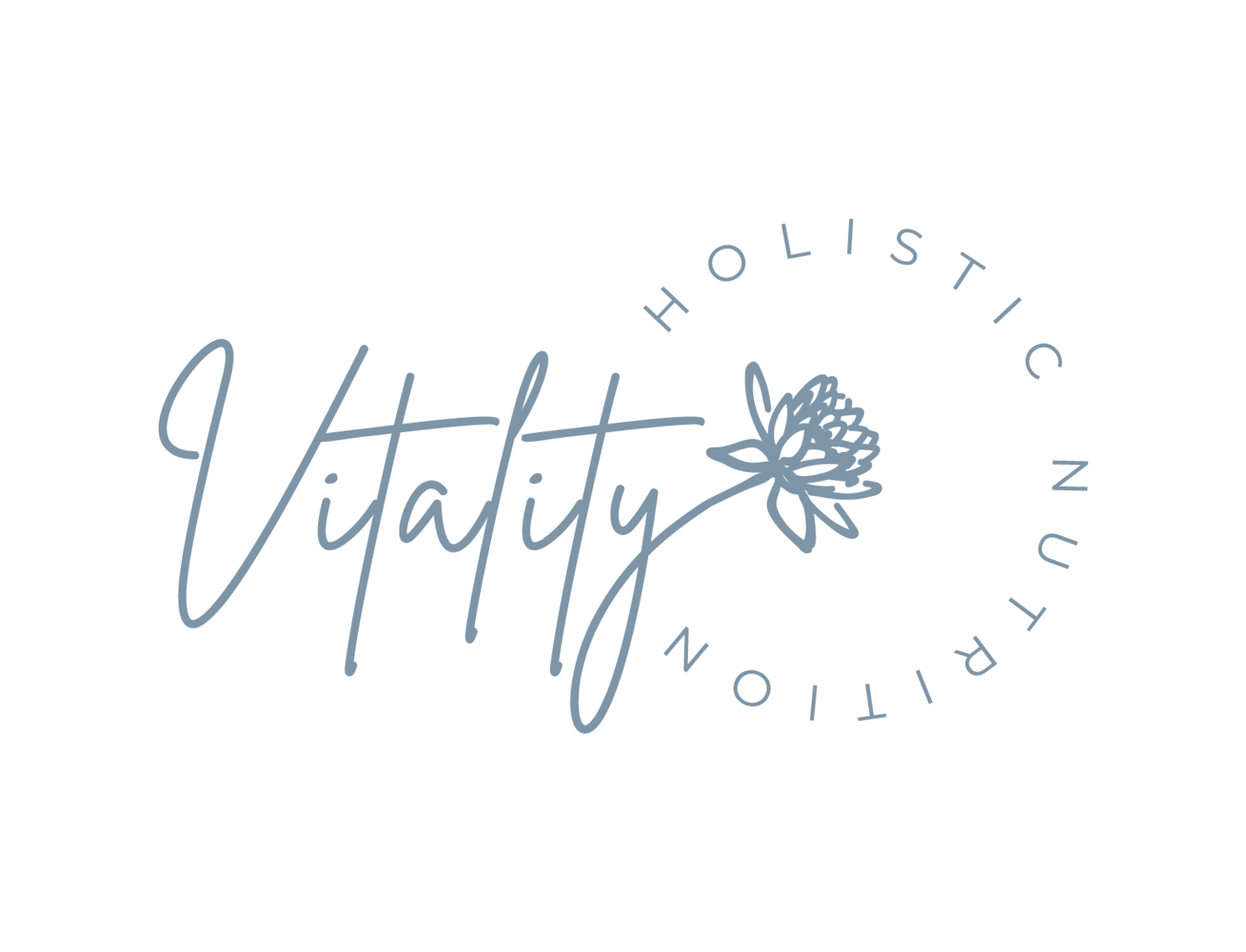Beyond Diet Culture: Why Women Shouldn't Underestimate Their Nutritional Needs
In the world of health and wellness, the notion of consuming 1200 calories a day has become associated with the pursuit of a slim figure. However, this calorie restriction trend fails to recognize the unique nutritional needs of women and often perpetuates an unhealthy relationship with food. In this blog, we'll explore the detrimental effects of such low-calorie diets, advocate for a shift towards a more nourishing approach, and shed light on the importance of consuming enough food daily for optimal women's health.
The 1200-calorie myth has been ingrained in diet culture, leading many women to believe that severe restriction is the key to achieving their health and wellness goals. Unfortunately, this approach can have serious repercussions on hormonal health. Women require an adequate intake of calories to support their unique physiological needs, especially in areas like menstruation, fertility, and overall hormonal production.
One of the critical aspects of women's health often overlooked in diet culture is the impact of caloric intake on hormonal health. Sufficient caloric intake is essential for the production and regulation of hormones, such as oestrogen and progesterone. Inadequate calorie consumption can disrupt the delicate balance of hormones, leading to irregular menstrual cycles, loss of menstruation completely, fertility issues, and other complications. To truly prioritize women's wellness, we must shift our focus from calorie restrictions to a more holistic approach that supports a woman’s pathophysiology.
The reality is that each woman's body is different, and there is no one-size-fits-all approach. Factors such as age, activity level, ethnicity, metabolism, and overall health status play a crucial role in determining nutritional needs. However, a general guideline of 1800 to 2500, even up to 3000 calories per day provides a more realistic and sustainable framework for women to thrive. (Yes you read those numbers correctly, they are not typos!). Whilst I don’t advocate for counting calories, I believe it has a time and a place. If you logged your food intake, do you think you would be eating enough?
Diet culture has ingrained a fear of eating into the minds of many women, making them hesitant to consume the calories their bodies truly need. It's time to break free from this restrictive mindset and embrace a positive relationship with food. Nourishing our bodies with the right amount of calories and the right amount of nutrients is essential for energy, vitality, and overall health.
Common signs you may not be eating enough:
Fatigue and Weakness: Constant feelings of fatigue, weakness, and low energy levels may result from inadequate fuel for the body's energy needs.
Changes in Menstrual Patterns: Irregular menstrual cycles or the absence of menstruation (amenorrhea) may be a sign of hormonal imbalances due to insufficient caloric intake.
Hair Loss: Experiencing hair thinning or hair loss can be a consequence of nutritional deficiencies, particularly insufficient calories and essential nutrients like vitamins and minerals.
Cold Sensitivity: Feeling excessively cold, especially in the extremities, can be a sign of a slowed metabolism due to inadequate calorie intake.
Dizziness or Lightheadedness: Episodes of dizziness or lightheadedness may result from low blood sugar levels, indicating an insufficient intake of carbohydrates.
Poor Concentration and Memory: Inadequate calories, particularly from carbohydrates, can impact cognitive function, leading to difficulties with concentration, memory, and mental clarity.
Mood Changes: Emotional changes such as irritability, anxiety, or mood swings may be linked to nutritional imbalances, including insufficient calorie intake.
Digestive Issues: Constipation or digestive discomfort may occur when the body lacks sufficient fiber and other nutrients commonly found in a balanced diet.
Brittle Nails and Skin Issues: Brittle nails, dry skin, or other dermatological issues may indicate deficiencies in vitamins and minerals essential for skin and nail health.
It's time to move beyond the constraints of diet culture and acknowledge the importance of adequate caloric intake for women's health. By understanding the link between calories and optimal body function, we can foster a more positive relationship with food and empower women to prioritise their overall well-being. Remember, true health is about nourishing the body, not depriving it.

